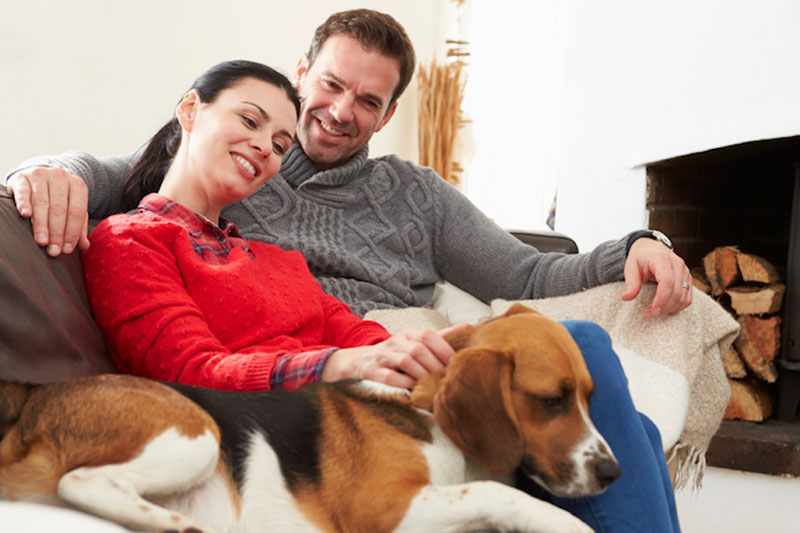
Maintaining cozy heating and cooling in Derby, Connecticut, throughout the year appears to be a good approach. But really, how can you keep your home cozy while controlling energy costs?
Enjoying a cozy home in the colder months isn’t as difficult as you anticipate. But sometimes you may require specialized assistance if you’re finding hot and cold pockets. Or if your equipment doesn’t heat like it once did.
If you’re experiencing comfort problems or need furnace repair, the heating and cooling pros at Giordanos Heating and Air Conditioning can help. Reach us at 203-941-5099 to request an appointment today.
In the meantime, here are a couple of tips on how to handle your thermostat during the winter.
Decrease Temps When You Go to Work
Lowering the thermostat 10–15 degrees while you’re away can save 5–15% on your energy costs, according to the Department of Energy. If your residence is empty most of the day, this is a fantastic method to decrease expenses. And when you contemplate what only 5% could do for your energy expenses, that can make a huge difference!
Turn Down Temperatures When You Sleep
You can also lower the setting before you go to sleep. It surprisingly benefits more than merely your gas expenses! A good temperature for falling asleep is 60-67 degrees, according to the National Sleep Foundation. Your body gets colder naturally to aid in sleeping, so keeping your room chilly could help you fall asleep faster.
Invest in a Smart Thermostat
One point to consider if you don’t already use it—a smart thermostat. You won’t have to walk over to the thermostat to adjust it. In fact, you can change it from just about any location with your web-enabled device. A Wi-Fi thermostat also learns your loved ones’ schedule and automatically changes the setting to help you save more on heating.
Relax in a Cozier House with Assistance from the Heating and Cooling Professionals
Even if you don’t make major changes to your temp, a little adjustment can benefit your utility costs.
While you are controlling your thermostat, there are a couple other things to remember during the heating season.
- Request an appointment for routine furnace maintenance. Heating service double-checks your system is operating appropriately and might help make your heater more efficient.
- Take a look at your air filter. If you don’t notice light through it, it’s time to get a new one.
Both of these items will help make sure your furnace is in top form to keep your residence warm.
If you need help using a smart thermostat or have HVAC concerns, contact the pros at Giordanos Heating and Air Conditioning to gain outstanding advice. You can reach us at 203-941-5099 or request an appointment online.
